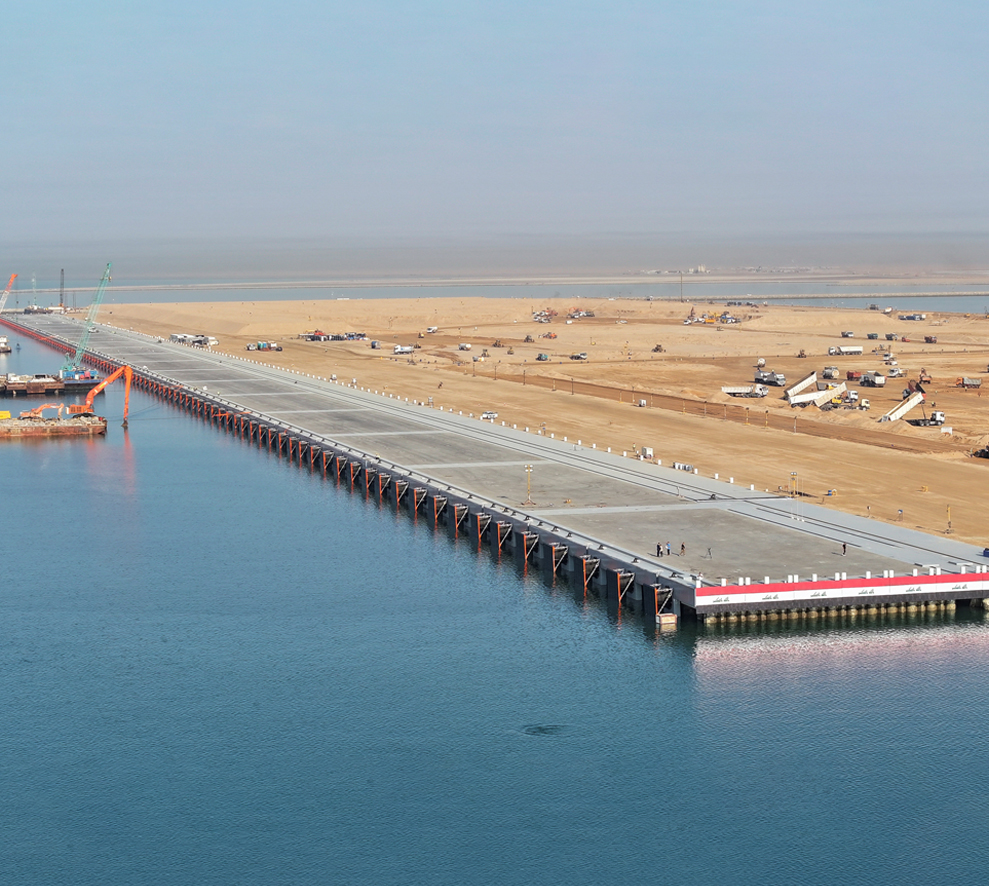Analyses
Regional Trends
The Syrian-Iraqi Border: Reshaping the Geopolitical Space of the Middle East
Op-Ed
Real clear world: A former terrorist inside the white house
Op-Ed
NYT: The President and A Former Terrorist Meet at the White House
Syria: the Future of the State of Uncertainty
The Syrian Unity Predicament: Files of Sovereignty, Security, and the Kurdish Issue
The Palestinian–Israeli Conflict
Trump’s Plan: Second Phase Scenarios
Filter by:
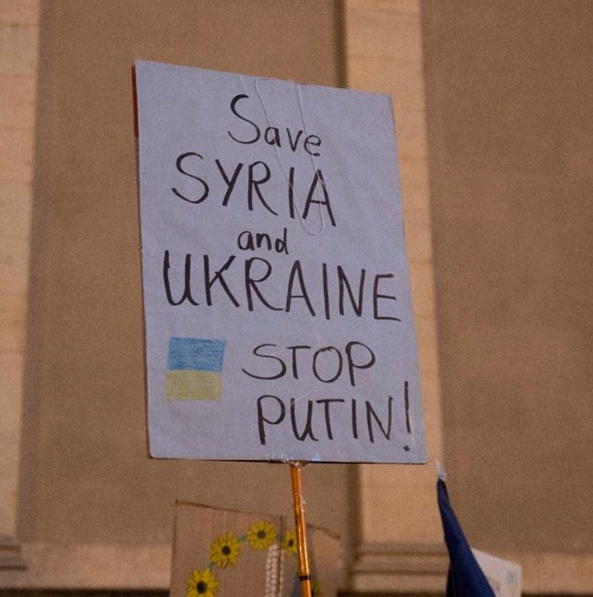
Syria in the Shadow of the War in Ukraine: Caught Between Rock of Victory and Hard Place of Defeat
Putin did it, he invaded Ukraine. His military operation continues there, with all force and determination, indifferent to all the "cold and slow" threats emanating from the West if compared to the heat and escalation of events.
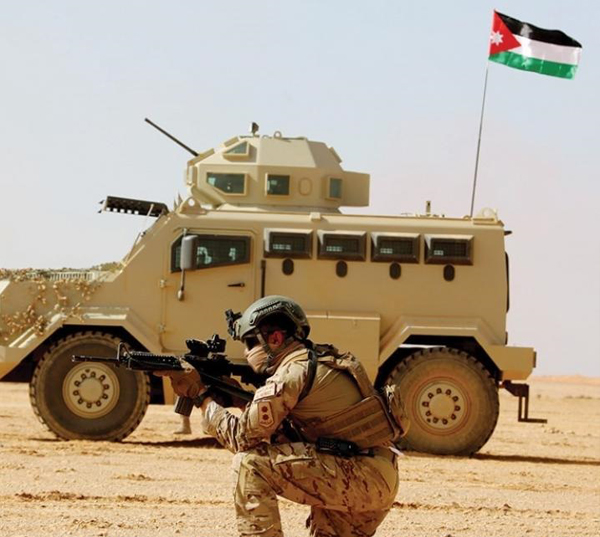
ESCALATING EMERGING THREATS: JORDAN'S FIGHT AGAINST DRUG CARTELS AS A MODEL
This analytical paper discusses the increase of the emerging threats, associated with cross-border drug cartels, which the Jordanian army recently announced a change in rules of engagement, in line with the response to the dimensions and effects of this threat.

How NATO Sparked World War III?
The author presents a forward-looking vision, that starts from NATO's excess expansion eastward, up to such expansion's implications represented in the Russian-Ukrainian war. Concluding this war's outcome will lead to the emergence of a new Sino-Russian world order, that brings the America's unipolar hegemony to an end, and reshapes Europe's security structure.
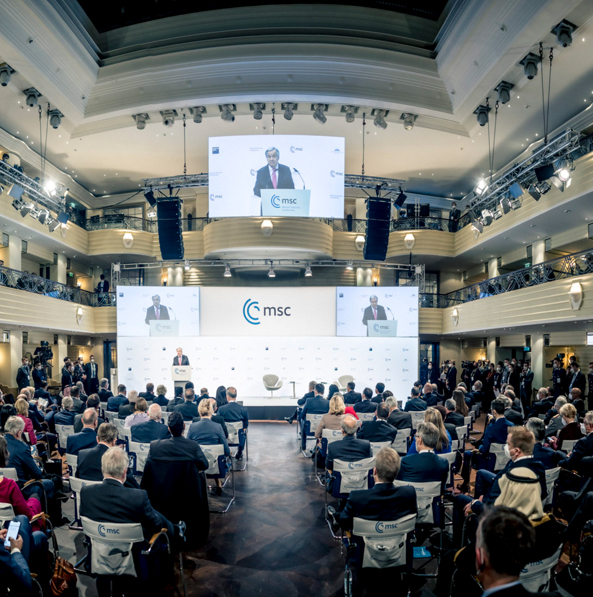
Munich Security Conference: The Search for the Missing Security Across the Atlantic
The 2022 Munich Security Conference, the world’s leading forum for debating international security policy, convened amidst a foggy European security situation that dominated its activities: the Ukrainian crisis. While the war has become a reality, has the West succeeded in preparing to deter Russia?
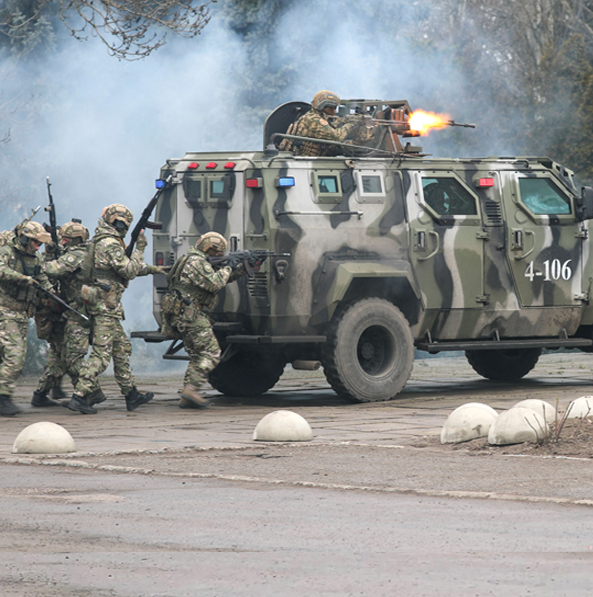
From Ukraine, Putin begins his battle against NATO... and the bipolar world has hit the wall
The Russian military operations in Ukraine reflect a shift in the Russian position towards NATO expansion and relations with Western powers, an event that may have reverberations for the post-war world order.
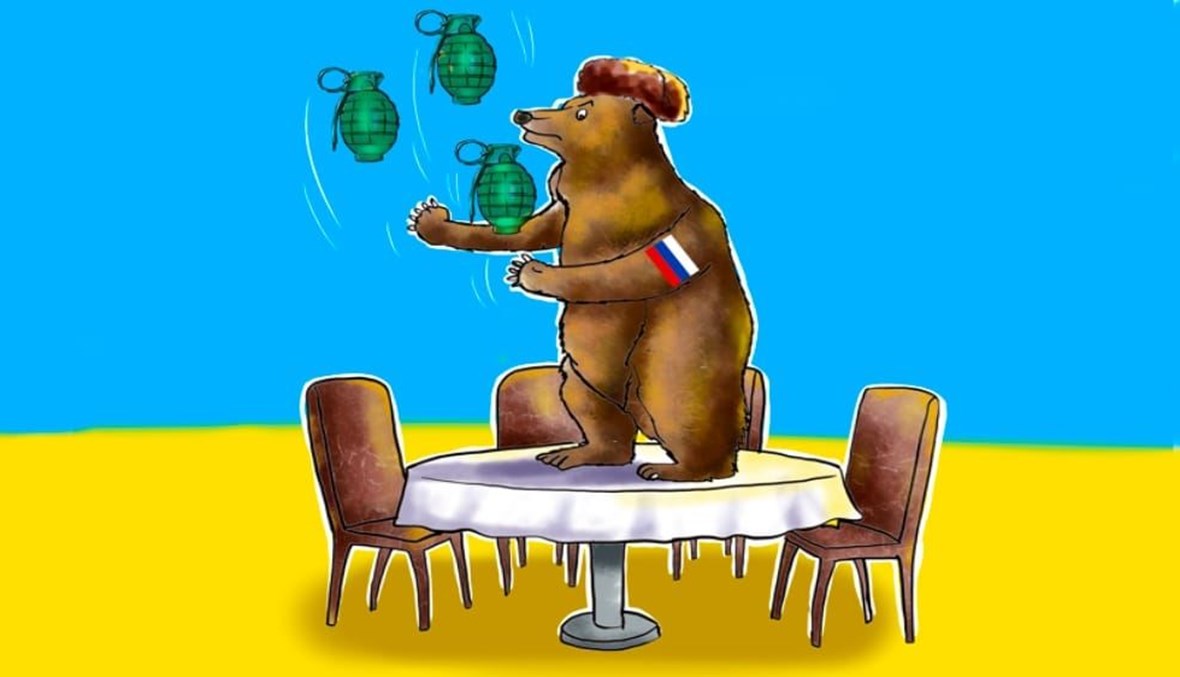
The Kremlin is making all the preparations for war. Will it really break out?
Putin is contemplating his future legacy. He believes that he can still restore Russia as a global superpower with its strategic depth, and that is why he does not seem willing to allow Ukraine or Kazakhstan to move away from the Russian orbit.
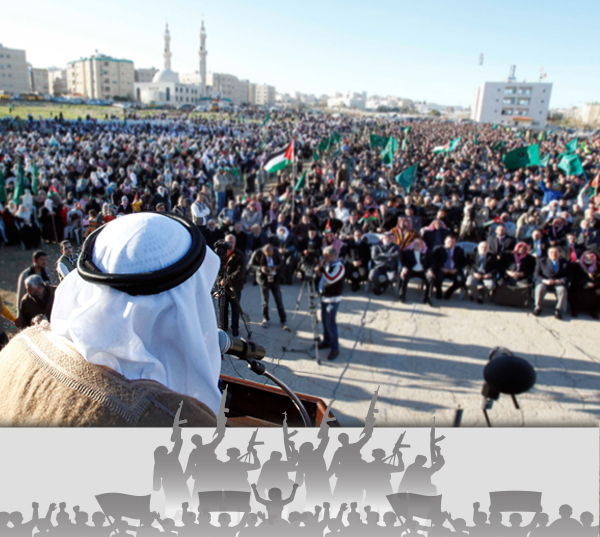
The Muslim Brotherhood in Jordan: Regional Role and Transnational Ideology
The paper aims to analyze the role of transnational ideology, in the partisan and political practices of the Muslim Brotherhood in Jordan, and its implications for the group's regional role, whether in its relations with the group's branches in Egypt, Syria, Palestine, or in some regional countries, such as Iran and Turkey.
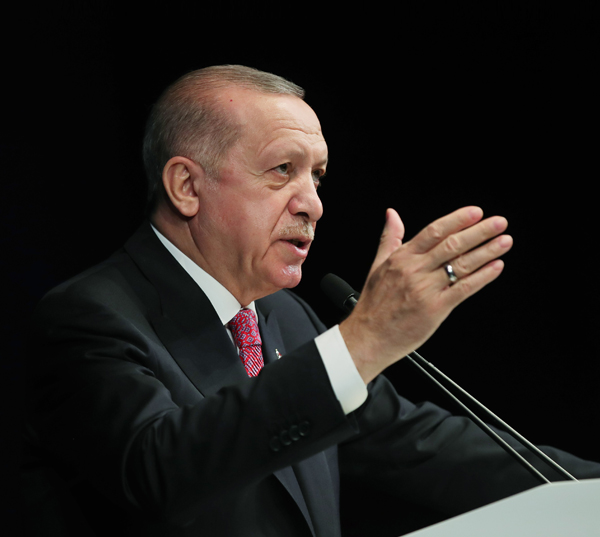
Turkish Politics Transformations: Exceeding, Adjustment, and Conditional Openness
Based on the hypothesis that Ankara is rearranging its political relations, away from the determents that marked its foreign policy after 2011. This op-ed seeks to highlight the variables of Turkish policy toward Israel on the one hand, and the Muslim Brotherhood on the other hand. As well as to deduct the prospects for the continuation of the Turkish political transformations in the foreseeable future.
-%D8%AE%D8%B7%D8%A7%D8%A8-%D8%A7%D9%84%D8%A7%D8%B3%D9%84%D8%A7%D9%85-%D8%A7%D9%84%D8%B3%D9%8A%D8%A7%D8%B3%D9%8A.jpg)
Political Islam Discourse: Between Employing the Crisis and the Crisis of Employment
This paper seeks to, partially, analyze the employing the crisis of the historical bitterness in the West's relationship with the Islamic world, in the discourse of political Islam groups, besides the crisis of the using symbols. In addition to analyze the problem of relating Islam, as a global religion, with Dawa'a (the call to believe in Islam) a partisan concept.
